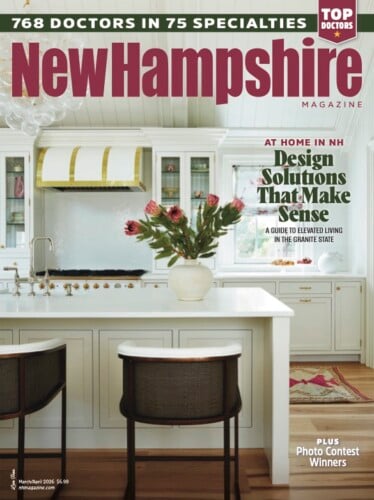Wills and Estate Planning: Upton & Hatfield

— Stephanie Thomson Partner, Estate Planning, Upton & Hatfield
Q. What advice do you have for couples with blended families who are trying to find an equitable way to divide assets?
A. As we creep further into the 21st century, blended families are more common, and each exists on its own terms and with its own form and function. Couples leading these blended families may find themselves torn between their current spouse/partner and their children from previous relationships, which can cause tension and hesitation in making final plans. Couples should be honest with each other and with their attorney and financial advisor. How does each person in the couple feel about where they want their assets to go after they pass? Does one person want a certain amount to be set aside for the surviving spouse, while the remainder goes to his/her children? Or does one person want the surviving spouse/partner to have full access to remaining assets, and only when the surviving spouse/partner passes would any remaining assets go to children? What about if one spouse/partner has children from a previous relationship, and the other spouse/partner has no children? What if the couple has children together and also individually from previous relationships? Unless both partners are on the same page with each other, an estate planning attorney and/or financial advisor can’t hope to put together a successful plan for the couple moving forward, and it is likely that each spouse/partner will need to get their own individual attorney and/or financial advisor. Have a discussion with your children. Depending on the relationships with the children, whether said children are from both spouses/partners, or from previous relationships, it may be recommended to have a conversation about what your plan may be. This may help clear up any confusion among the children and/or other beneficiaries, and it may help create new ideas that you have not yet thought of. However, you are under no obligation to discuss any of your estate planning with your children, and if you are uncomfortable with it, for whatever reason, it may not be the right option for you.
Consider having separate revocable trusts, which are a great estate planning tool. They can help avoid the cost and time of probate and also provide privacy. If you have a blended family, a revocable trust can also allow each spouse/partner the opportunity to decide what to do with their individual assets. At the same time, two revocable trusts can each own a half interest in an asset, such as real estate, so the couple doesn’t necessarily need to “separate” all of their assets, but rather clarify their ownership interest.













